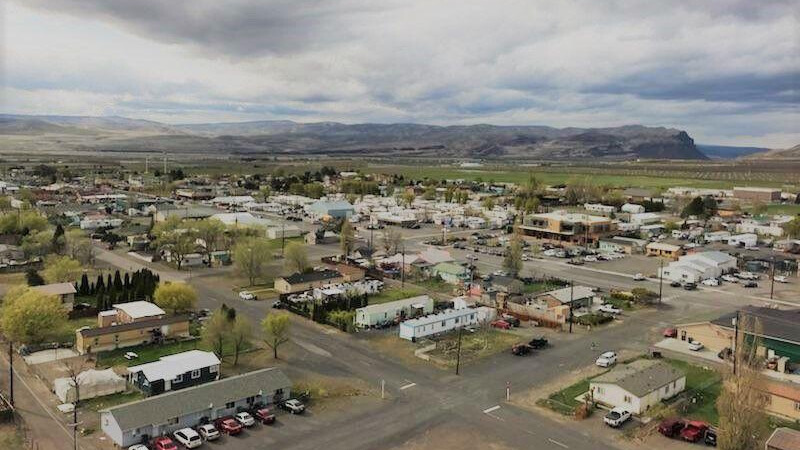The Washington Department of Ecology is working with partners in eastern Washington to expand the state’s air monitoring network. The goal is to better track and start to address air pollution in overburdened communities that are highly impacted by pollution.
As part of the planning for this expansion, Ecology and the Spokane Regional Clean Air Agency will hold in-person open houses next week in Spokane to hear from community members about their air pollution concerns. Ecology will hold similar events in George and Mattawa later in the month.
The open house meetings will be held:
- Wednesday, Nov. 8, 3-7 p.m.
Central Spokane Public Library, 906 West Main Ave., Spokane - Thursday Nov. 9, 3-7 p.m.
The Hive – Spokane Public Library, 2904 East Sprague Ave., Spokane - Wednesday, Nov. 15, 3-7 p.m.
George Community Hall, 403 West Montmorency Blvd., George - Thursday, Nov. 16, 3-7 p.m.
Wahluke High School, 505 North Boundary Road, Mattawa
Anyone who is worried about the outdoor air where they live, work, or play is invited to visit one of the open houses to share their experience and to learn more. They can also provide input to help Ecology identify additional monitoring locations in their community.
The open houses are part of new air quality and environmental justice work – funded under the Climate Commitment Act (CCA) – that is focused on Washington communities that are historically overburdened with health, social and environmental inequities and highly impacted by air pollution.
“The success of this work involves many steps and depends on ongoing relationships with local communities,” said Abigail Ruskey, environmental justice planner in Ecology’s Air Quality Program. “These upcoming events are an opportunity for informal conversations to help us make sure we’re putting effort and resources where they will do the most good.”
Ecology staff and air quality experts will be at the meetings to provide information on air quality and the new program, and to listen to the public’s input. Light refreshments will be served.
Community members can also participate in an anonymous air quality survey about their experience with air pollution.


